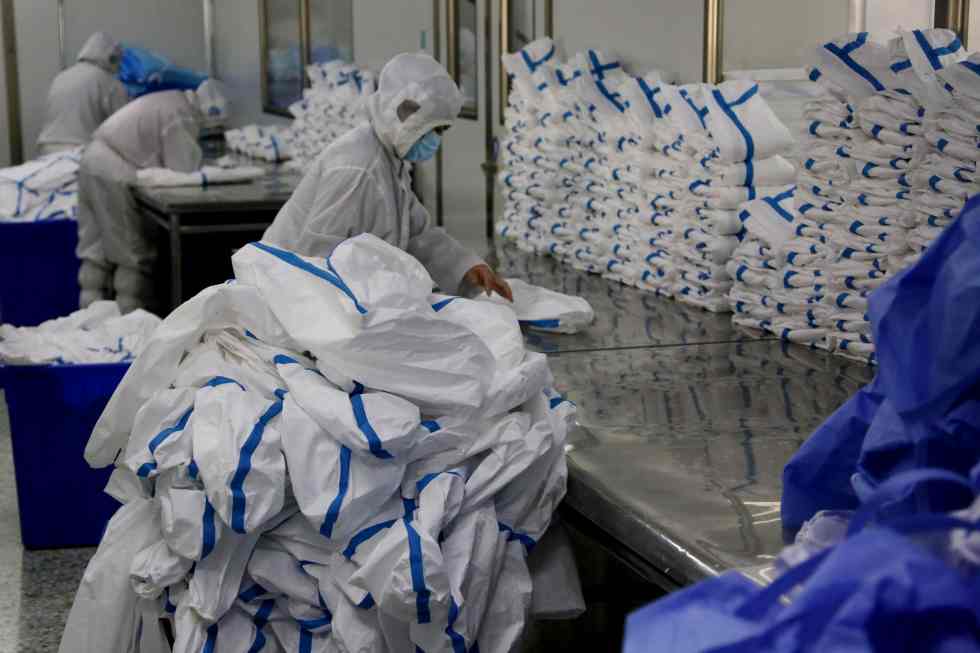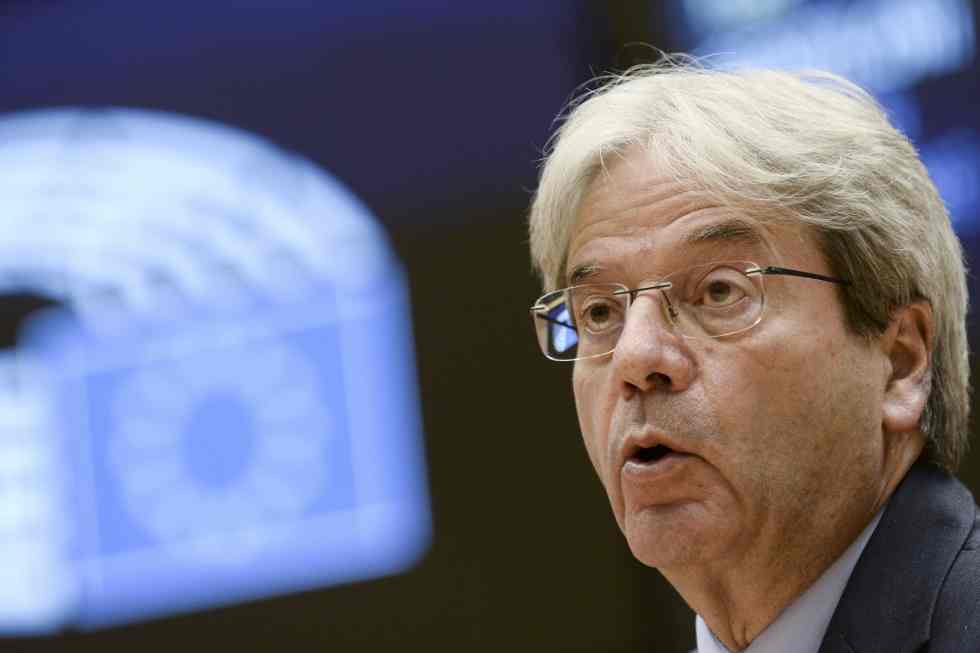Earlier this month, the Related Press reported that resulting from delivery snags, U.S. corporations are contemplating a retreat from China. The article included outcomes from a current Kearney survey which discovered 52 p.c of U.S. manufacturing executives have began shopping for extra provides in america in response to COVID-related provide disruptions. As well as, 47 p.c mentioned they plan to scale back their reliance on provides or factories from a single nation and 41 p.c particularly indicated they need to grow to be much less depending on China.
Because the Trump administration began toying with the concept of tariffs, we now have witnessed a big improve in nervousness over our provide chains—particularly people who contain China. The state of U.S. provide chains began to deteriorate within the early days of the COVID-19 pandemic and issues have solely grow to be worse since then. Now, the coronavirus resurgence ensuing from the Delta variant and low vaccination charges are threatening our financial restoration. Many corporations have responded by contemplating a return to nearshoring, because the Kearney survey outcomes counsel, and policymakers are as soon as once more attempting to strike a stability between public well being and sustaining financial restoration.
Years in the past, I co-authored a analysis paper on the Mexico-China sourcing sport, the findings of that are particularly related at present. We examined how corporations ought to allocate their orders between a near-shore provider (Mexico) and an offshore provider (China).
The paper discovered that corporations’ reliance on China relied on many anticipated components: the price distinction, the dimensions and the price of holding stock. Nevertheless, all of those have solely a second-order impact—their significance diminishes as corporations develop. The one issue that has a first-order affect is volatility. Each improve of volatility, regardless of how slight, both on the demand aspect or the availability aspect, instantly reduces the quantity corporations can afford to order from China.
Volatility is impactful. If corporations like to supply an inexpensive service degree whereas additionally preserving prices low, they need to hedge in opposition to uncertainty—which may take the type of weather-related disruptions like typhoons in China, drought in Taiwan, February’s Texas storms; or a requirement surge, resembling what we noticed through the pandemic; and even different corporations’ methods, as we noticed with the semiconductor chip scarcity. The one manner to take action whereas nonetheless sourcing from offshore areas is by holding stock. However, as volatility will increase, so does the quantity of stock wanted. So, sooner or later, sourcing nearer to house begins to make extra sense.
Volatility may also come from sudden authorities legal guidelines and laws—for instance, authorities laws associated to COVID and journey. Actually, China has imposed sweeping new COVID restrictions in response to the Delta variant, a transfer that would have world financial implications. China’s strategy, nevertheless, is an outlier; somewhat than journey bans and shutdowns, most Western economies are utilizing vaccination to maintain hospitalizations and fatalities low, whereas preserving their economies open. For instance, the U.S. has labored with Mexico to vaccinate provide chain staff. This strategy permits companies to plan their total orders understanding that, whereas disruptions might happen, there may be an try and create normalcy and preserve issues operating as easily as doable.
The previous few months have proven that COVID is not going away anytime quickly—we might must be taught to stay with it. Over the subsequent few years, governments should supply stability with the intention to enable corporations inside their borders to thrive. Any coverage that’s too harsh and unsustainable, like prolonged lockdowns or three-week quarantines with no regard for vaccination standing, will lower stability and add to an already unstable scenario.
This isn’t to counsel that COVID public well being measures ought to be deserted. There isn’t a easy cost-benefit evaluation when human life is within the stability. However officers should perceive the nervousness that mitigation measures can induce, and work to create sustainable and steady measures that stability public well being considerations with financial ones. The constructive affect of stability is much extra vital than any tariff or regulation.
China continues to be the most important exporter to the remainder of the world and stays the availability chain epicenter. It is nonetheless the fastest-growing market and its capabilities and proximity to producers are unmatched by another nation. However as we witness extra unstable demand and provide over the subsequent few years, we can even see a return to nearshoring. This pattern began occurring nicely earlier than COVID, but it surely appears to solely be accelerating thereafter.
Gad Allon is the School Director of the Jerome Fisher Program in Administration and Expertise on the College of Pennsylvania.
The views expressed on this article are the author’s personal.











Leave a Reply